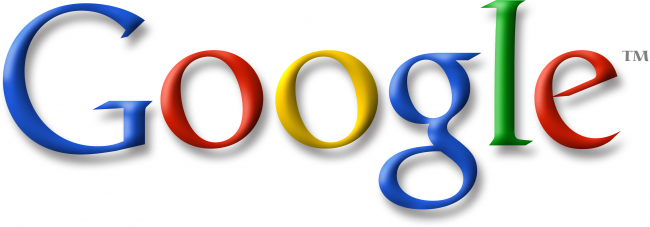
In 1997 two college kids started a company based on a pet project of theirs. Larry Page and Sergey Brin had worked together to create a search engine that bested every other competitor in every conceivable way. Their goal was simple: Help regular humans find things easily on the Internet.
As Google began to make money through its innovative advertising system, it began to acquire companies and develop solutions outside of search. Brin and Page, joined by CEO Eric Schmidt, had a vision of the world becoming a better place. Their naive company motto was “Don’t be evil.”
Recently there have been reports that Google has been changing its focus as a company for the past few years. Once a company focused on search, Google has apparently shifted focus to social networking to anticipate demand for more personalized search results. Perhaps more importantly, Google is trying to create a lineup of products that will be deeply integrated into every part of consumers’ lives from search to smartphones to TV to music. The question is, why is Google changing so dramatically? The answer: advertising.
Are you curious why Google has been shoving Google Plus down users’ throats? The answer isn’t that Google wants to make a better Facebook. There was a time when Google made products to challenge an industry to do better. Google Plus isn’t about challenging Facebook and Twitter to do better, it’s about killing Facebook and Twitter so that people are sharing their personal information with Google’s advertisers instead of Facebook’s. The more information Google has about you, the better ads Google can show you and the more money Google will make. Google has realized that the only way to survive as an advertising company is to get as much information from people as possible. When Google realized the Facebook and Twitter deals to crawl their pages for information weren’t going to happen, they began to push Google Plus harder than ever. Again, for Google, Google Plus isn’t about making a better product; Google Plus is about surviving as an advertising company.
Eric Schmidt, former CEO of Google and current Chairman of the Board, recently announced that somewhere between 97 to 98% of Google’s revenues come from advertising. Google has used that money to buy smaller companies and develop products like Android and Chrome, but those products are also used to feed into Google’s advertising.
People used Google search because it was simply the best way to find things on the Internet. Not everyone uses Android or YouTube or Gmail because it’s the best. Many have an Android phone because they didn’t want an iPhone or because it was cheap. Many use Gmail because they don’t like Hotmail or Yahoo! Mail. You get the point: Google had one great product, so some trusted them to make more great products and others turned to them because they were better than an alternative.
Google has convinced users that they can get decent products for free. The problem is, Google’s services aren’t really free. You pay for Google services with your personal information: your email, your music preferences, your social networking conversations, the videos you watch, the apps you use, etc. As Mike Elgan noted a few years ago, you are not Google’s customer; you are their product to sell to advertisers.
I grew up in a world where companies wanted my money in exchange for services and products, but my children will grow up in a world where corporations will exchange services and products for information. If I exchange my money for a product, I can always make more money. If I buy a bad product I’m out some money, but I can make a better decision with my money later. Information is a different kind of commodity, especially personal information.
I would much rather buy products and services from companies with my money, not my personal information. I don’t want to sell myself to Google or Facebook. More importantly, I struggle with trusting a company that wants my information instead of my money.
Google is on a dangerous path. In order for Google to succeed it needs to get advertisements in front of peoples’ eyes. The more advertisements people see and respond to, the more money Google will make. Google doesn’t want to make a better TV because they want to make good products; they want to make a better TV so that people will use their services and see their ads.
It is hard to change the world for the better when that requires people giving up their information to advertisers. As Joshua Topolsky of The Verge has pointed out many times before, humans are made up of more than what they like and don’t like. Our lives are not simply a collection of playlists, likes, TV shows, and books. Our preferences and the content we consume do not make up our person, but they are valuable.
Google is a fantastic company. I believe that their original vision of changing the world for the better is still a part of the company, but I think they’ve lost their way in the method by which they are attempting to achieve their vision. If Google began to sell their products for money instead of information I think they’d be a better company with a much better chance of achieving their goal. If Google continues to be an advertising company instead of one that wants to change the world through better products, then they need to earn users’ trust. They need to convince users that Google is a safe place to store your pictures, movies, music, documents, blog, posts to social networks, money, address, phone number, email, etc. Google is asking for more than any other company in history. Remember, advertising isn’t the only way for Google to pay the bills.
Collapse Show Comments135 Comments